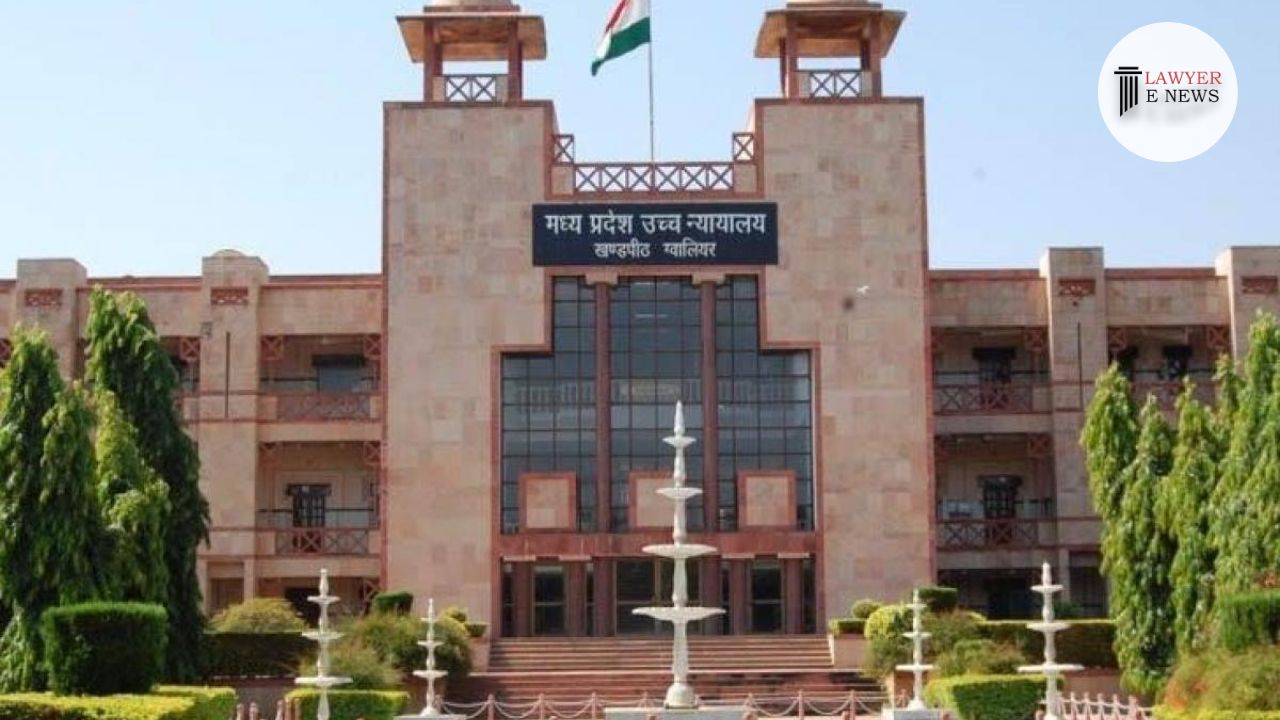-
by Admin
15 February 2026 2:16 AM



High Court affirms Family Court’s decree of divorce citing prolonged separation and lack of cohabitation as key factors. The High Court of Madhya Pradesh has upheld the divorce decree granted by the Family Court of Satna, dismissing the appeal filed by Smt. Sanchita Vishwakarma against her husband Yogendra Prasad Vishwakarma. The court ruled in favor of the respondent-husband, affirming the grounds of cruelty and desertion under Section 13-1 (i-a) & (i-b) of the Hindu Marriage Act, 1955. The judgment, delivered by a bench comprising Acting Chief Justice Sheel Nagu and Justice Amar Nath (Kesharwani), underscores the irretrievable breakdown of marriage due to prolonged separation and lack of cohabitation.
Credibility of Evidence: The court placed significant weight on the consistency of the evidence provided by the respondent-husband. “The denial of the appellant-wife to establish a physical relationship and her voluntary departure from the matrimonial home shortly after marriage amount to acts of cruelty,” the bench observed. The testimony of the appellant herself, during cross-examination, corroborated these claims, leading the court to conclude that the marriage had effectively broken down.
Witness Testimonies: The High Court examined the testimonies of both parties. The appellant admitted in her cross-examination that she left the matrimonial home on May 29, 2013, to appear for her final exams and never returned. Furthermore, she acknowledged that despite her in-laws’ attempts to bring her back, she refused to go with them, citing her examinations and subsequent complaints of dowry demands as reasons.
The judgment elaborated on the principles of cruelty and desertion under the Hindu Marriage Act. “The refusal to establish physical relations and the subsequent allegations of dowry harassment are indicative of cruelty,” the court stated. Additionally, the court noted the prolonged separation of over 11 years as a clear indicator of desertion. Citing precedents like Naveen Kohli v. Neelu Kohli (2006) and Praveen Mehta v. Indrajit Mehta (2002), the bench emphasized that long periods of separation and continuous non-cohabitation justify the dissolution of marriage.
Justice Sheel Nagu remarked, “Public interest lies in the recognition of an irreparable breakdown of marriage. Prolonged separation, as seen in this case, is sufficient to presume that the matrimonial bond is beyond repair.”
The High Court’s decision to uphold the divorce decree underscores the judiciary’s recognition of the realities of irretrievably broken marriages. By affirming the Family Court’s findings, the judgment reinforces the legal framework for addressing cases of marital discord where prolonged separation and cruelty are evident. This decision is expected to have a significant impact on similar future cases, emphasizing the importance of credible evidence and the acknowledgment of marital breakdowns.
Date of Decision: May 30, 2024
Xxx VS xxx
